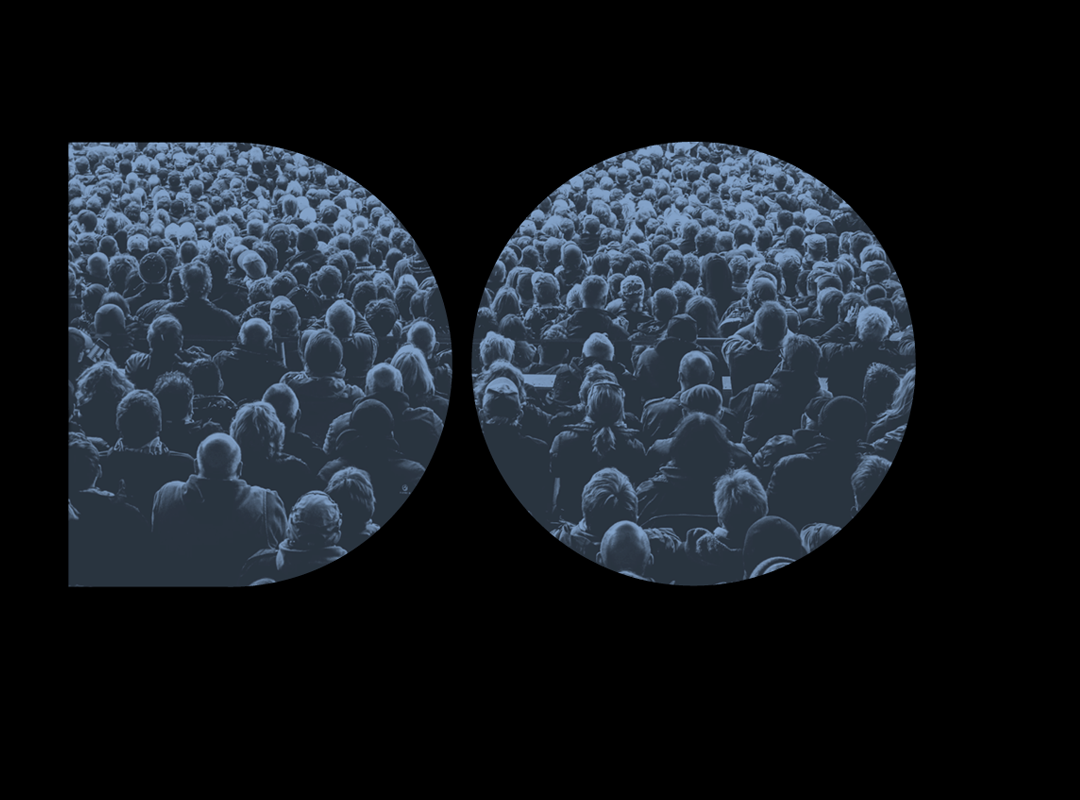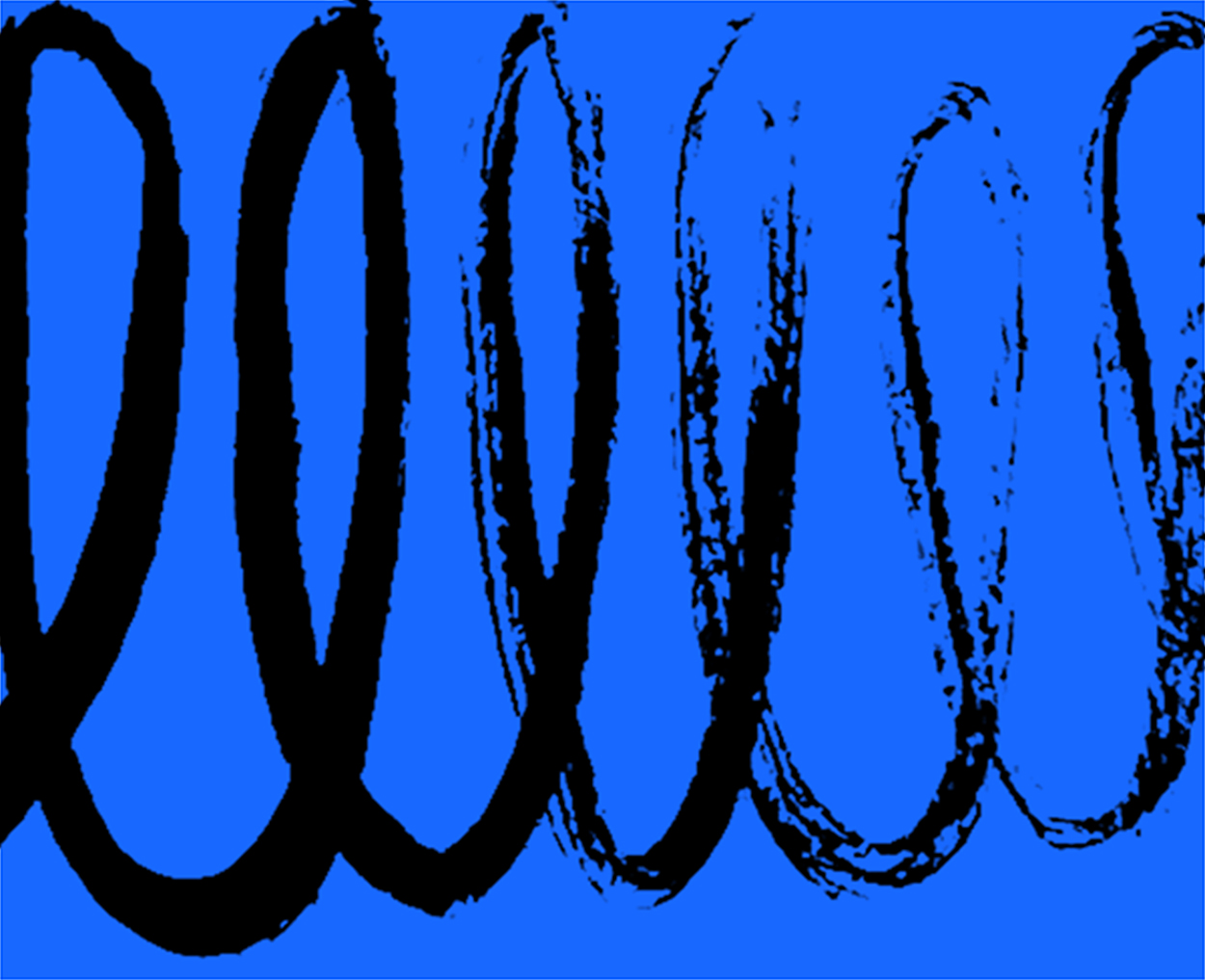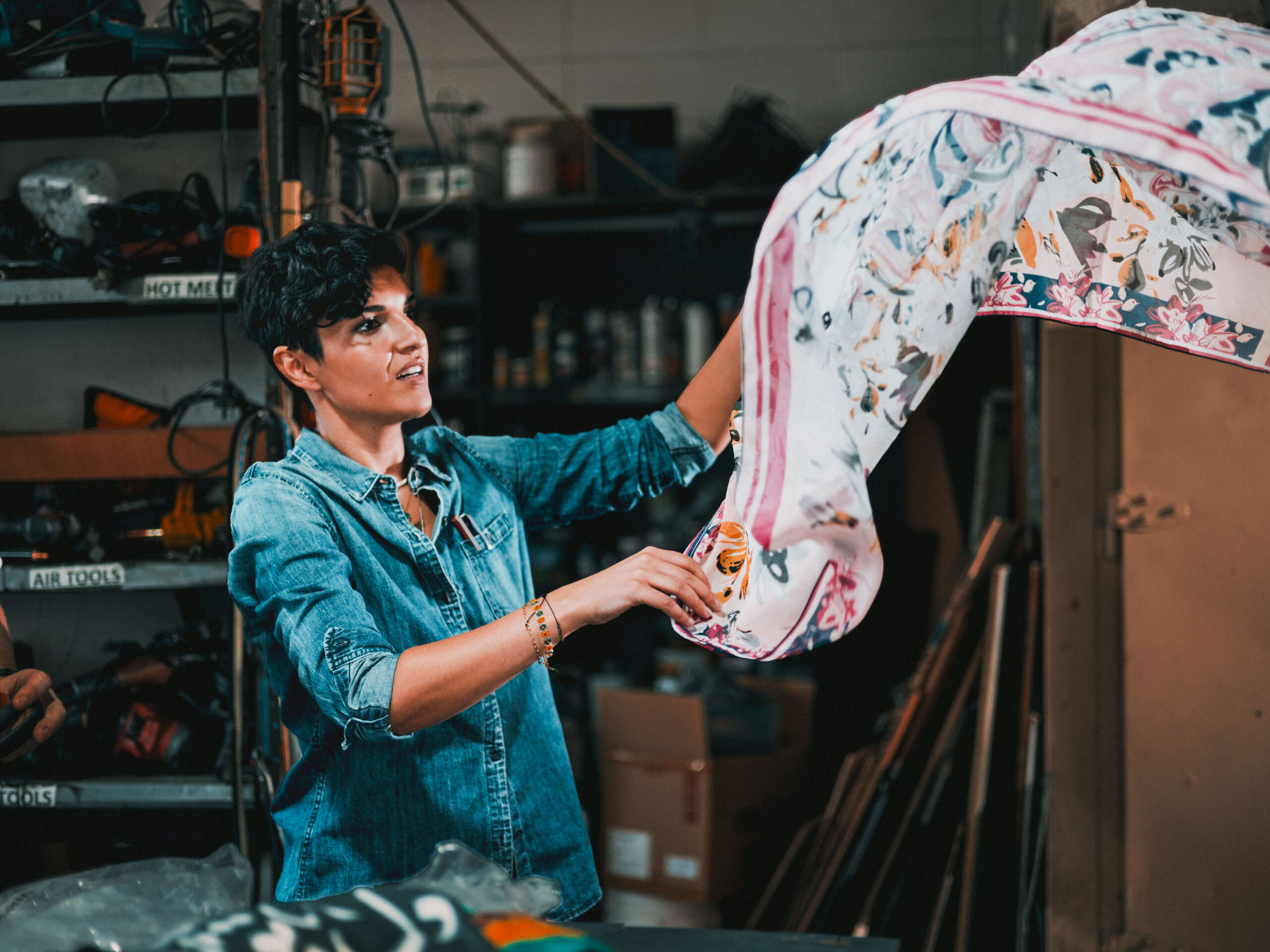
April 1, 2004
The Lying Game

Agence France-Presse—Getty Images
Earlier this week, Nationalist Party protesters in Taiwan picketed their highly disputed political election with doctored images of President Chen Shui-bian: the idea was to depict his shame by representing a faceless leader. It’s a powerful image: deeply personal and, for the most part, typography free — a far cry from the didactic and often subversive posters that have long typified the graphic language of protest.
Oscar Wilde once observed that the truth is rarely pure and never simple: but what of the trickery and deception that have come to characterize modern leadership — indeed, modern life? From imperious pundits to incessant propaganda, language remains a slippery platform upon which to argue the merits of an ideal. Language itself is deceiving. And a lie is a lie.
Here in the United States, truth-telling has become an imperiled commodity, with the offenders both too obvious and too numerous to mention. (But if you read only one thing about the Martha Stewart case, it should be Jeffrey Toobin’s pitch perfect replay of the trial, published two weeks ago in The New Yorker.) Words have become not only cheap but hugely unreliable. But what about the images that accompany them? Are they rapidly becoming faceless monsters, too? Or do pictures speak louder than words, particularly in a world of empty promises and questionable truths?
The French Nineteenth-century writer Edmond Rostand once described his creation, Cyrano de Bergerac, as liberal, brave and proud; yet Cyrano is perhaps best remembered for an extraordinarily oversized nose. Synonymous with his very name, The Nose is at once a cosmetic aberration and a symbol for a kind of enduring, internal strength. In the end, it proves something of a metaphor for character. “A great nose may be an index,” Cyrano remarks in Rostand’s classic play, “of a great soul.” (Teenagers obsessed with remaking themselves in the image of Brad Pitt would do well to take heed.)
A more contemporary critical reading of The Nose leads us to Pinocchio, whose own beak was known to grow in proportion to the telling of tall tales. In this model, The Nose is a dynamic barometer of truth. One is reminded of the fabled threats of any of a number of classic fairy tales —from Slovenly Peter to Sleeping Beauty, Rapunzel to Rumplestiltskin. Rarely pure and never simple, but in the end, the heroes tend to be the honest ones.
Fairy tales aside, the real Cyrano de Bergerac was a seventeenth-century individualist who was deeply opposed to war. Perhaps Rosand’s story, while exaggerated for dramatic effect, was something of a satire foretold: a dueller who opposed the war, a lover willingly subjugating his true feelings? Cyrano was every bit the liar Pinocchio was, only he did it in rhyming couplets. Meanwhile, we pitied his physical imperfections, and yearned for true love to find its way. Today, we feel the same way about justice, and we reserve our pity for those who deserve it: to those who continue to deceive us, we feel only shame.
Observed
View all
Observed
By Jessica Helfand
Related Posts

Business
Courtney L. McCluney, PhD|Essays
Rest as reparations: reimagining how we invest in Black women entrepreneurs

Design Impact
Seher Anand|Essays
Food branding without borders: chai, culture, and the politics of packaging

Graphic Design
Sarah Gephart|Essays
A new alphabet for a shared lived experience

Arts + Culture
Nila Rezaei|Essays
“Dear mother, I made us a seat”: a Mother’s Day tribute to the women of Iran
Recent Posts
Courtney L. McCluney, PhD|Essays
Rest as reparations: reimagining how we invest in Black women entrepreneurs Food branding without borders: chai, culture, and the politics of packaging Why scaling back on equity is more than risky — it’s economically irresponsible Beauty queenpin: ‘Deli Boys’ makeup head Nesrin Ismail on cosmetics as masks and mirrorsRelated Posts

Business
Courtney L. McCluney, PhD|Essays
Rest as reparations: reimagining how we invest in Black women entrepreneurs

Design Impact
Seher Anand|Essays
Food branding without borders: chai, culture, and the politics of packaging

Graphic Design
Sarah Gephart|Essays
A new alphabet for a shared lived experience

Arts + Culture
Nila Rezaei|Essays

 Jessica Helfand, a founding editor of Design Observer, is an award-winning graphic designer and writer and a former contributing editor and columnist for Print, Communications Arts and Eye magazines. A member of the Alliance Graphique Internationale and a recent laureate of the Art Director’s Hall of Fame, Helfand received her B.A. and her M.F.A. from Yale University where she has taught since 1994.
Jessica Helfand, a founding editor of Design Observer, is an award-winning graphic designer and writer and a former contributing editor and columnist for Print, Communications Arts and Eye magazines. A member of the Alliance Graphique Internationale and a recent laureate of the Art Director’s Hall of Fame, Helfand received her B.A. and her M.F.A. from Yale University where she has taught since 1994.